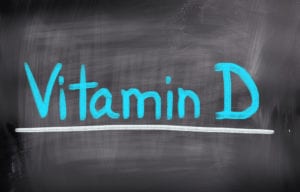According to them their vitamin d levels came back to normal as soon as they started using tanning beds.
Level 1 tanning bed vitamin d.
The use and safety of tanning beds has been hotly debated for years with strong opinions on both sides.
The use of tanning beds to increase vitamin d is an even more controversial subject.
Their results come from an experiment conducted among few people who were using tanning beds and comparing the vitamin d level with.
While some claim that proper levels of vitamin d are vital to a healthy immune system others point to the dangerous uva and uvb rays tanning beds emit.
Tanning beds are designed to produce artificial sunlight.
This calibration maximizes the tanning effects of the booth and minimizes the risk of burning.
Stay on the bed for only half the time it takes the.
You can see the article from sunlight institute here saying tanning bed can actually produce vitamin d.
This level is often described as good for stimulating the melanin production in the skin in order to build a base tan for the uva in the higher level beds to darken.
Lamps that emit uv b radiation may also boost your vitamin d levels.
It is also possible to get vitamin d production from an indoor tanning bed.
Having your vitamin d levels checked before supplementing is the best way to pick the appropriate dose.
Unfortunately it also minimizes the amount of vitamin d that can be used in proportion to the exposure to damaging uva rays.
However it is safe to say that the level 1 beds often are the best for vitamin d tanning.
The sun is one source of vitamin d which is why it s sometimes called the sunshine vitamin however the aad advises against getting vitamin d from sun exposure or tanning beds as uv.
The natural sunlight contains both ultraviolet a and ultraviolet b spectrums of rays.
A young woman od d on vitamin d by using tanning beds too frequently.
The vitamin d council advise people thinking about this route to.
Try a uv lamp.

